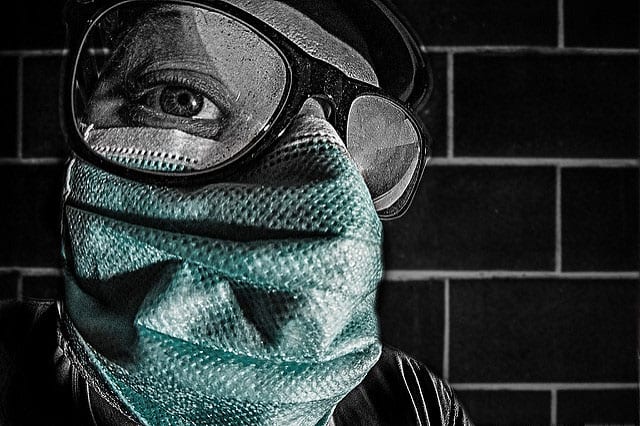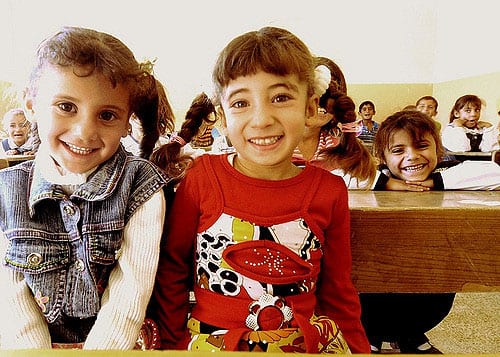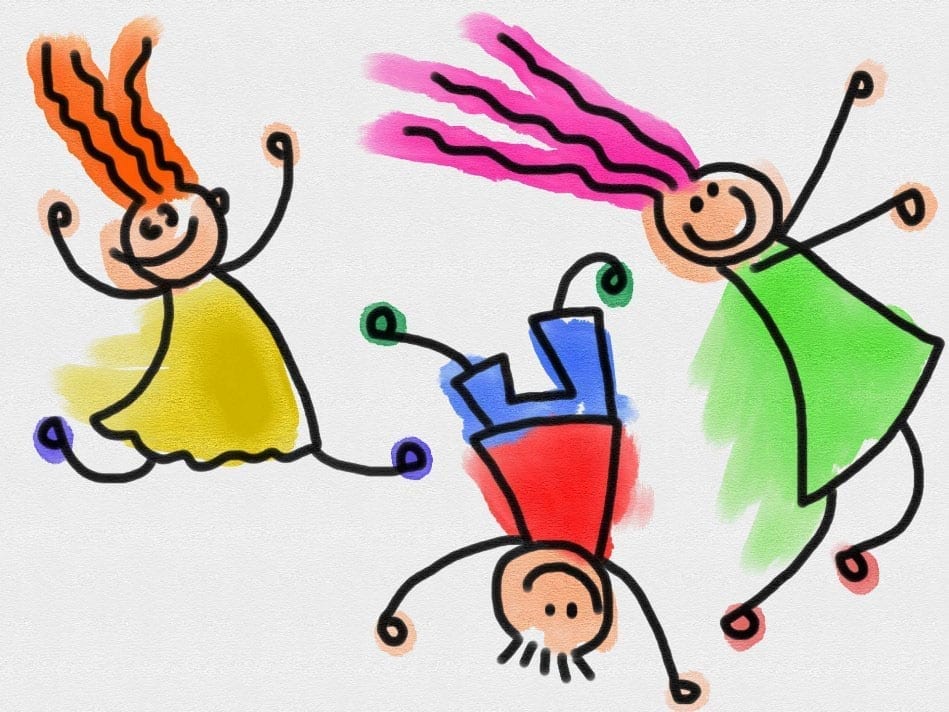Clinical trials are absolutely critical to our understanding of how a drug works and whether it’s safe for use in humans.
While clinical trials are not the final word in whether a drug is used for any given purpose—there are plenty of patients and physicians willing to roll the dice on non-traditional treatments or using a drug meant for one disease to treat another—it is pretty much the final word for getting insurance companies to pay for treatment.
Usually this system works fine. Where it can get a little thorny is drugs for children.
Pulling together clinical trials for kids is a lot trickier for a variety of reasons, from finding the correct dose to the ethics of “experimenting” on kids.

Of course, disease doesn’t give a damn about ethics. All too often, parents face the frustrating dilemma of knowing that a treatment exists for their child’s condition… it just hasn’t been studied in pediatric populations, making it for all intents and purposes “off limits.”
So it’s a pretty big deal when a pediatric clinical trial is announced for, well, anything. And “pretty big deal” is probably the most polite way to describe Actelion’s announcement of a new international Phase III trial.
They’re assessing the effectiveness of Opsumit (macitentan) in kids with pulmonary arterial hypertension (PAH).
If you don’t know PAH or don’t know someone with it, consider yourself lucky.
PAH is a chronic condition causing extremely high blood pressure in the arteries connecting the heart and lungs, and symptoms can range from the mild (like fatigue) to the dangerous and life-threatening (heart failure).
Several drugs have been identified in the last ten years to help treat PAH, but to date none have been indicated for children.

Opsumit is one of these drugs, and in the new trial—called the TOMORROW trial—a pediatric formulation of it will assessed in children ranging in age from 1 month to 18 years.
The study will take place in 20 different nations over six years.
The goal is to keep enrolling children until the trial has met all of its primary endpoints—with the ultimate intention being to demonstrate long-term efficacy and delayed disease progression.
That may seem like a long wait, but when it comes to evaluating the safety of a drug on children you can’t be too careful. With something as serious as PAH, researchers have to take the long view.
Still, it’s definitely a step in the right direction and offers something families of children with PAH desperately need: hope.
Read more about the trial here and check out the Opsumit website to learn how it’s used in adults.





